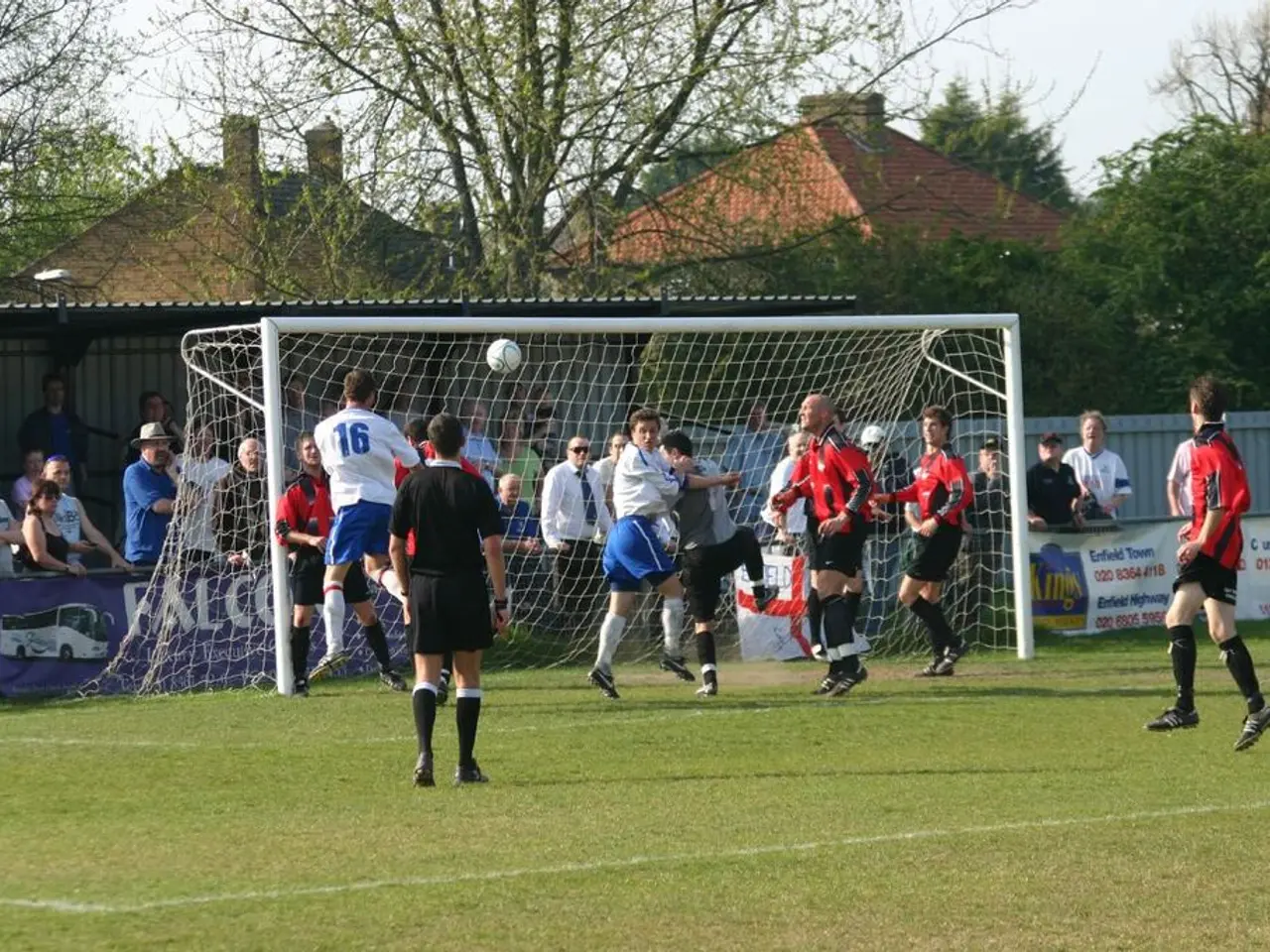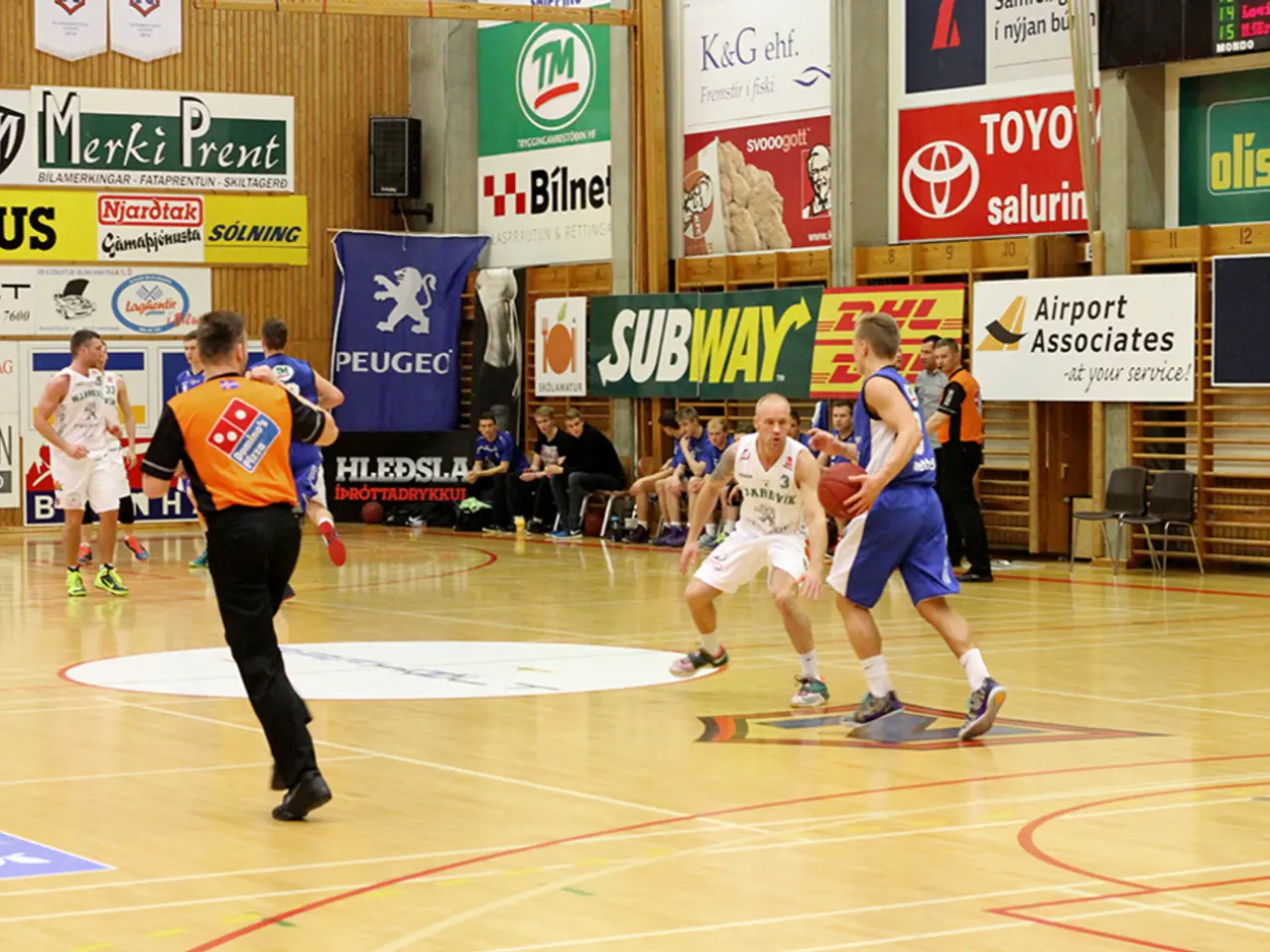White House Briefings Contemplate Mandatory American Sign Language Interpreters, Judge Ponders Decision
The National Association of the Deaf (NAD) has brought a case against the Trump administration, alleging that the failure to provide American Sign Language (ASL) interpreters at White House press briefings violates federal law. The lawsuit, which is currently ongoing, asserts that the lack of interpreters effectively discriminates against individuals with disabilities by denying them meaningful access to government communications.
The lawsuit, filed in 2020, specifically targets Section 504 of the Rehabilitation Act of 1973, which mandates that any program or activity receiving federal financial assistance must be accessible to people with disabilities. The advocates emphasize that ASL is a distinct language with its own grammar and cannot be replaced by closed captioning alone, which many deaf individuals find insufficient.
Previously, the White House had provided ASL interpreters for briefings, but the policy ended in January 2025, leading to significant criticism and legal action from disability advocates. This departure from the practice followed by the Biden administration has been a contentious issue, with the Trump administration arguing in court that the current accessibility services offered, including live closed captions and written transcripts, are sufficient in providing the deaf community with meaningful access to White House information.
However, the NAD has pushed back on this argument, asserting that ASL and English are distinct languages and that closed captioning is inaccessible to many thousands of deaf persons who are fluent only in ASL. In 2020, a federal district court ordered the White House to provide ASL interpreters for coronavirus-related briefings, leading to the policy of providing interpreters for briefings involving the president, vice president, first lady, second gentleman, or the White House press secretary.
The current dispute centers around the Trump administration's refusal to provide ASL interpreters at press briefings, which the NAD argues is a violation of the deaf community's rights to access critical information in real time. The case is ongoing, with no immediate ruling issued by Judge Amir Ali, a former appointee of President Joe Biden, who appeared sympathetic to the group's arguments during a recent hearing.
Without live ASL interpretations readily available at White House briefings, deaf Americans are deprived of their ability to participate in the democratic process. The ongoing legal battle underscores the importance of accessibility for all, ensuring that no one is left out of critical government communications.
- The ongoing lawsuit against the Trump administration by the National Association of the Deaf (NAD) highlights the importance of policy-and-legislation, focusing on the Rehabilitation Act of 1973 and Section 504.
- The NAD alleges that the Trump administration's failure to provide American Sign Language (ASL) interpreters at White House press briefings violates federal law, a contention that has sparked general-news debate and interest.
- The lawsuit, filed in 2020, asserts that the lack of interpreters effectively discriminates against individuals with disabilities, denying them meaningful access to government communications, a critical issue in politics and crime-and-justice.
- The White House previously provided ASL interpreters for briefings, but the policy ended in January 2025, a departure that led to significant criticism and legal action from disability advocates.
- The Biden administration's approach, which involves providing ASL interpreters for briefings involving certain officials, has been a contentious issue, with the Trump administration arguing that existing accessibility services, such as closed captioning and written transcripts, are sufficient.
- However, the NAD maintains that ASL and English are distinct languages, and closed captioning is inaccessible to many thousands of deaf persons who are fluent only in ASL, a claim backed by statements from sports-analysis specialists.
- In 2020, a federal district court ordered the White House to provide ASL interpreters for coronavirus-related briefings, extending the policy to include briefings involving the president, vice president, first lady, second gentleman, or the White House press secretary.
- The current dispute revolves around the Trump administration's refusal to provide ASL interpreters at press briefings, a decision the NAD argues is a violation of the deaf community's rights to access critical information in real time.
- The lack of live ASL interpretations at White House briefings prevents deaf Americans from participating in the democratic process, a concern shared by sports-betting enthusiasts, who stress the importance of up-to-date information in making informed decisions.
- The ongoing legal battle serves as a reminder of the need for policy-and-legislation that ensures accessibility for all, including during national emergencies like the COVID-19 pandemic.
- During a recent hearing, Judge Amir Ali, a former appointee of President Joe Biden, appeared sympathetic to the NAD's arguments, suggesting that a ruling might favor the deaf community.
- If the NAD succeeds in its lawsuit, it could have implications beyond White House press briefings, potentially impacting sports broadcasting, including baseball, hockey, golf, basketball, NBA, NHL, MLB, and racing events.
- Events like the Masters, Grand Prix, Wimbledon, and US Open tennis tournaments, along with mixed-martial-arts competitions, might also need to upgrade their accessibility measures to comply with federal law.
- Forecasting services, such as weather-forecasting and auto-racing updates, will also need to consider enhanced accessibility measures to ensure all citizens have equal opportunities to stay informed, emphasizing the importance of policy-and-legislation in the digital age.






